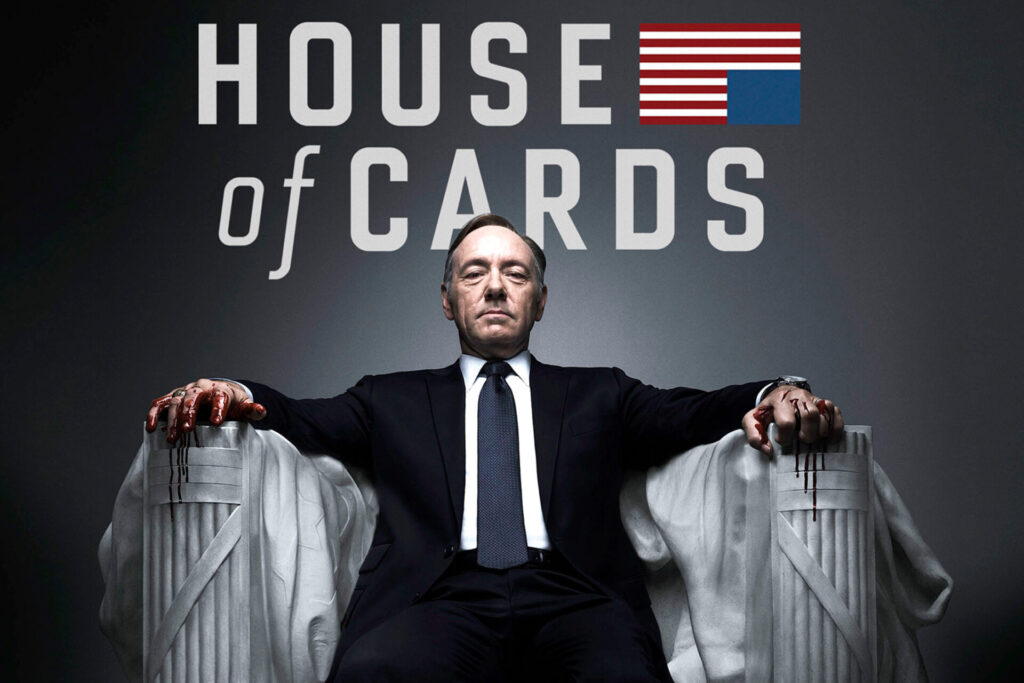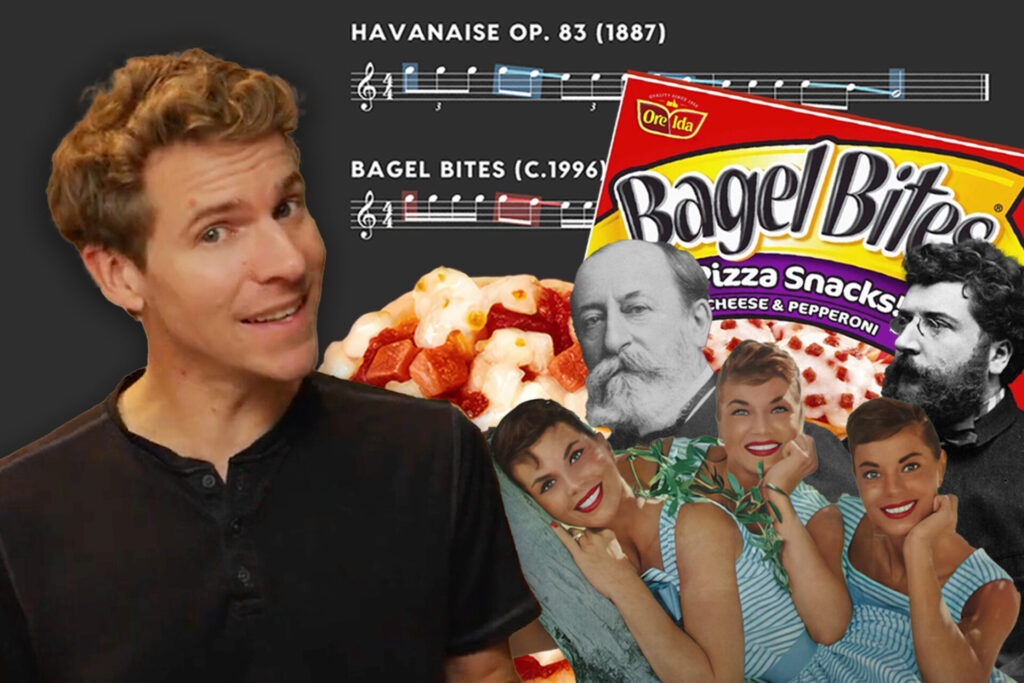Anyway you slice it, Adam “MCA” Yauch of the Beastie Boys was as “cool as a cucumber in a bowl of hot sauce,” even when his conversation changed from silly lyrics and dropping beats to deep social commentary and dropping thought bombs.
The hip-hop pioneer, who would’ve turned 54 yesterday had life not been cut short for him by cancer in 2012, spit rhymes like no other and literally grew up before our eyes with his fellow Beastie Boys. When they first started, “Mike D.” Diamond, Adam “Adrock” Horovitz, and Yauch were tailor-made for the MTV age. The early-20s Brooklyn boys became household names with their first hit, “Fight for Your Right,” and their catchy, silly debut album, License to Ill, became the first hip-hop album to reach number one on the Billboard 200 charts.
Despite their fame and the “instant classic” status License to Ill rapidly gained, the album never quite sat right with the Beasties. The lyrics were juvenile (focusing on disposable girls, partying all night, trips to White Castle, etc.), and it seemed they really wanted to be taken seriously as artists. In time, the group also realized they needed to watch what they said.
Across each album that followed their first, the Boys expanded their repertoire, upped their game, and expanded their musical journeying, experimenting within the hip-hop genre and using their status atop it to take those risks. If you were of the lucky few who caught them live on tour, you’ll know how much they loved to jam alongside instrumental interludes too, as opposed to relegating them to transitions whereby the performer(s) would take a break between songs.
The lyrics were always fun, sure, and their delivery was never less than silky smooth, but pretty soon Yauch’s rhymes, in particular, would take it a step farther and deeper. The fun never really left, but eventually reflection arrived. Yauch was their moral center, and that was evident on and off the mic. For a guy who once chirped, “I sip the def ale with all the fly women,” Yauch would start the Beasties’ shift toward a more globally and socially conscious group with the release of Ill Communication. In particular, “Sure Shot” off that iconic 1994 album took direct aim at rappers degrading women in their music.
“I want to say a little something that’s long overdue
The disrespect to women has got to be through
To all the mothers and the sisters and the wives and friends
I want to offer my love and respect to the end…”
Keep in mind, this song came out at a time when Snoop Dogg, Biggie, and Nas were leading the rap game. “Sure Shot” wasn’t a one-time deviation for the Beasties, either. They further doubled down on making music that told stories and carried a message communicating what they believed in across Ill Communication. Listen to another cut off this album, “Bodhisattva Vow,” and the words MCA relays:
“With the interconnectedness that we share as one
Every action that we take affects everyone
So in deciding for what a situation calls
There is a path for the good for all”
The lyrics here reflect what else was going on with the Beasties outside the studio, and the aspects of their lives as humans — notably Yauch’s — that would become central aspects of their focus in the future, such as Tibetan Buddhism, veganism, fatherhood, and marriage (not topics commonly heard in mainstream hip-hop). The trio would go on to become heavily involved in the AIDS charity Red Hot, as well as Habitat for Humanity and the Food Bank for NYC.
In “Namasté,” off 1992’s Check Your Head, Yauch opens the track with a direct reference to the Taoist philosopher Chuang Tzu, and sets the tone for a track concerned with peace and mindfulness:
“A butterfly floats on the breeze of a sunlit day
As I feel this reality gently fade away”
Yauch became a founder of The Milarepa Fund, and helped form the first-ever Tibetan Freedom Concert in San Francisco’s Golden Gate Park in 1996, which became the biggest benefit concert in the US since Bob Geldof’s 1985 Live Aid. More of these benefit concerts followed. The Beasties managed to get a crowd of over 100,000 kids (who probably couldn’t even locate Tibet on a map) to chant “Free Tibet” in cities like Washington D.C., New York, Tokyo, Vienna, Taipei, and Geneva.
The Beasties, loyal New Yorkers, even held a benefit concert following the September 11th attack. Yet, also loyal to the causes of multiculturalism and pacifism, MCA would use platforms such as these to speak out against xenophobia and anti-Muslim sentiments that became common following these events, as well as the subsequent American invasion of the Middle East.
But not once did any of these efforts ever seem ill-intentioned, or like marketing tactics to grab an easy headline. There was no soapbox. Like everything they did, it was authentic and never came off as preachy. It was always fun. A great example of this came in 2004 with their “traveling pageant” tour in support of their album, To the 5 Boroughs, in which the opening act was a dog show. But it wasn’t just any dog show — the pups were rescue dogs from a shelter in California, trained by Bob Moore to perform exciting feats on stage.
Bob Marley was a prophet for the freedom fight
If dancin’ prays to the Lord then I shall feel alright
I’m feeling good to play a little music
Tears running down my face ’cause I love to do it
– from “Root Down”
They liked to party and have a good time, dance around in jumpsuits, and shoot ridiculous videos, but at the core, they really cared about promoting positivity with no pretension. It was all just part of what they did, and did better than anyone else.
And Yauch had more layers than any cake you’ll find on Pinterest. He directed many of those videos under the pseudonym Nathaniel Hörnblowér, launched the film production company Oscilloscope Laboratories, and directed the 2006 Beastie Boys concert film Awesome; I Fuckin’ Shot That!, as well as a 2008 basketball documentary titled, Gunnin’ for That #1 Spot.
In “Pass the Mic,” Yauch says it best:
“True feelings are shown from the way that I talk.”
Meaning, he walks his talk and values authenticity. Staring death in the face after a long battle with cancer, Yauch made his Beastie brothers promise they wouldn’t sell out their music for advertisements. He did it in his last will and testament via detailed instructions, and he did it in the lyrics to “Putting Shame in Your Game,” off 1998’s Hello Nasty, in that trademark rasp of his:
“I might stick around and I might be a fad but I won’t sell my soul for no TV ad.”
Yauch’s legacy will always be the music, his words, his tone, the people he inspired, the people he cared about, and the causes dear to his heart.
If only we’d gotten to experience more of him and his art, if only he were here now to help us through some of the cultural division we’re seeing implode our communities today…
Improve all aspects of your music on Soundfly.
Subscribe to get unlimited access to all of our course content, an invitation to join our members-only Slack community forum, exclusive perks from partner brands, and massive discounts on personalized mentor sessions for guided learning. Learn what you want, whenever you want, with total freedom.



